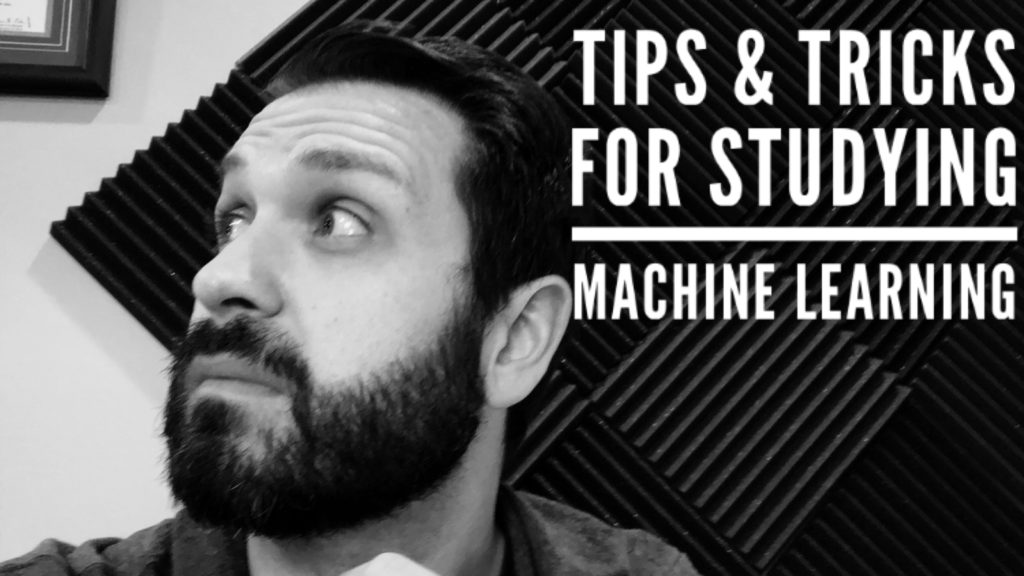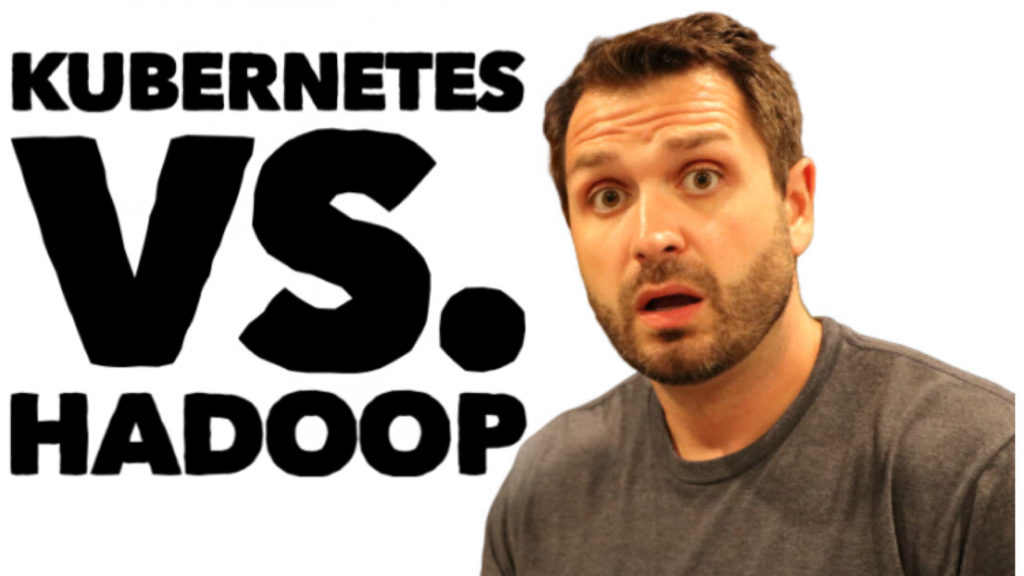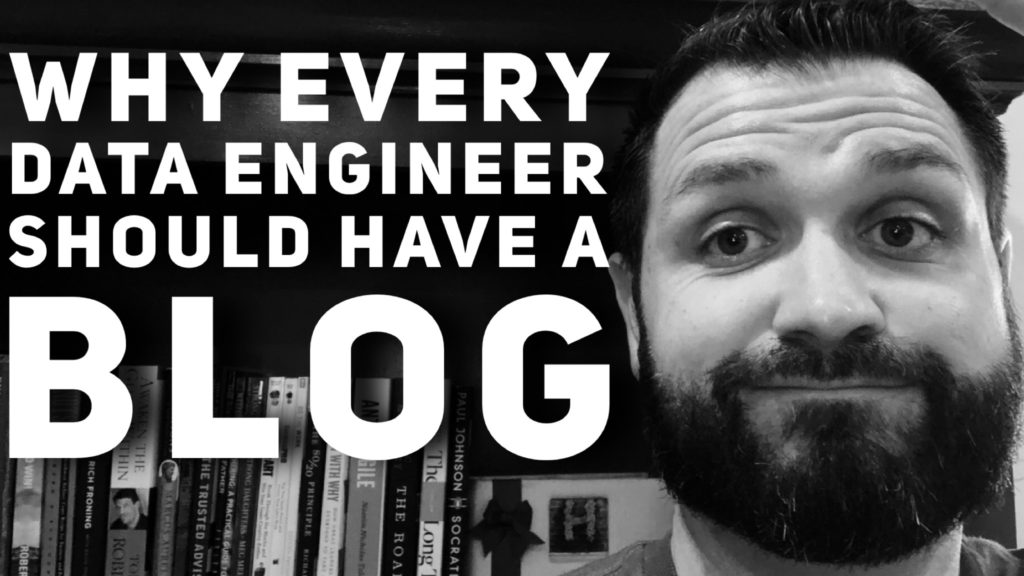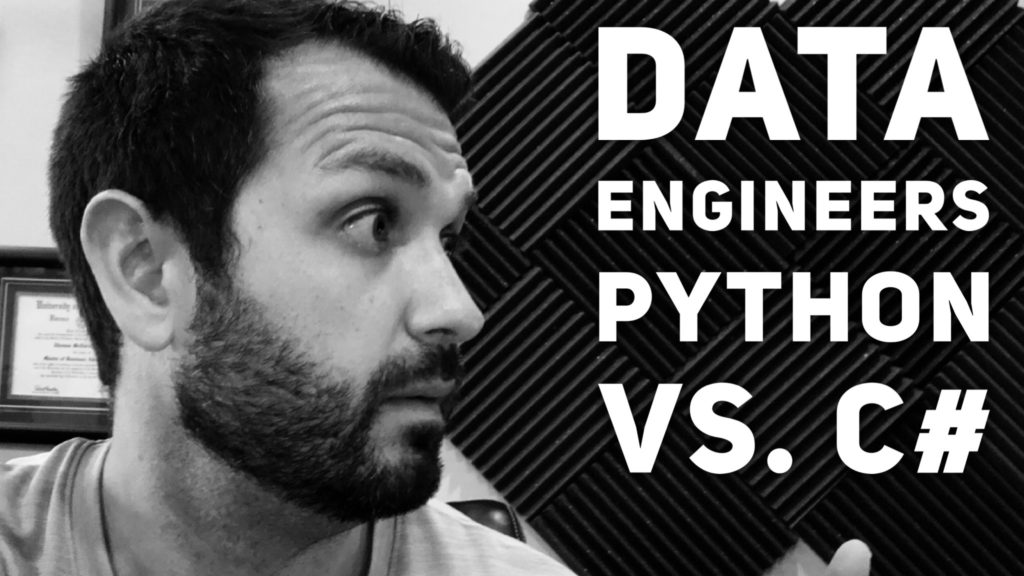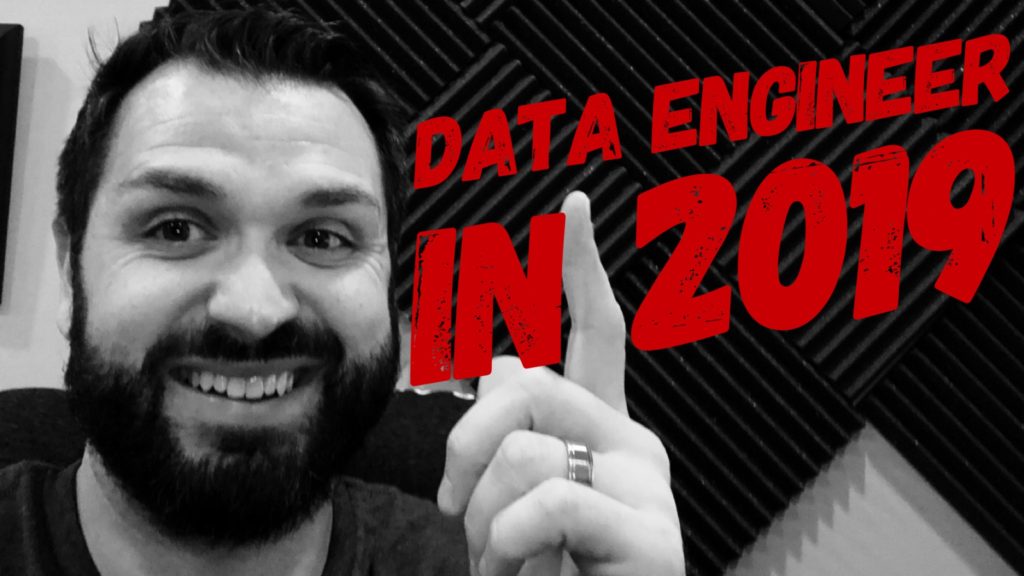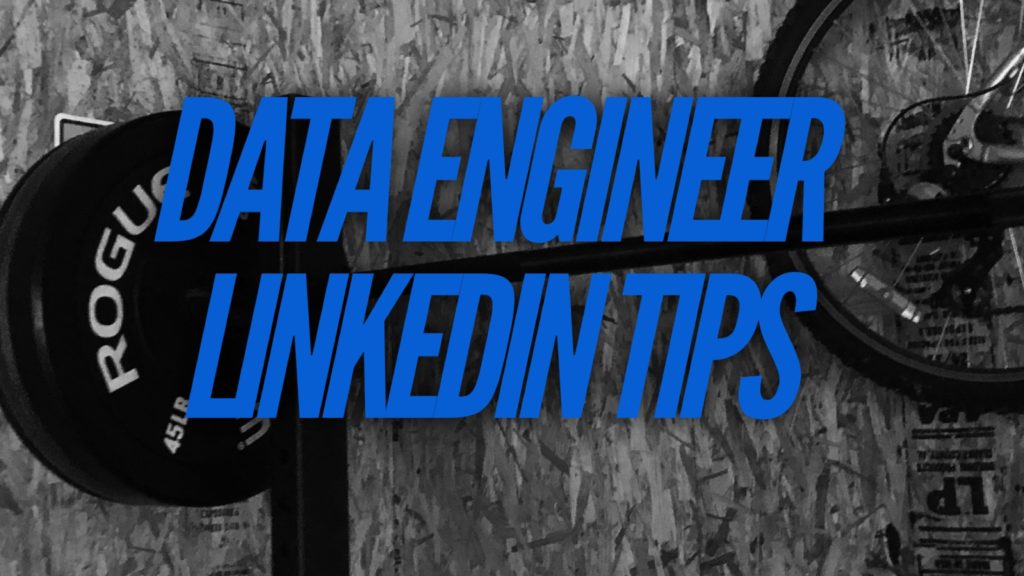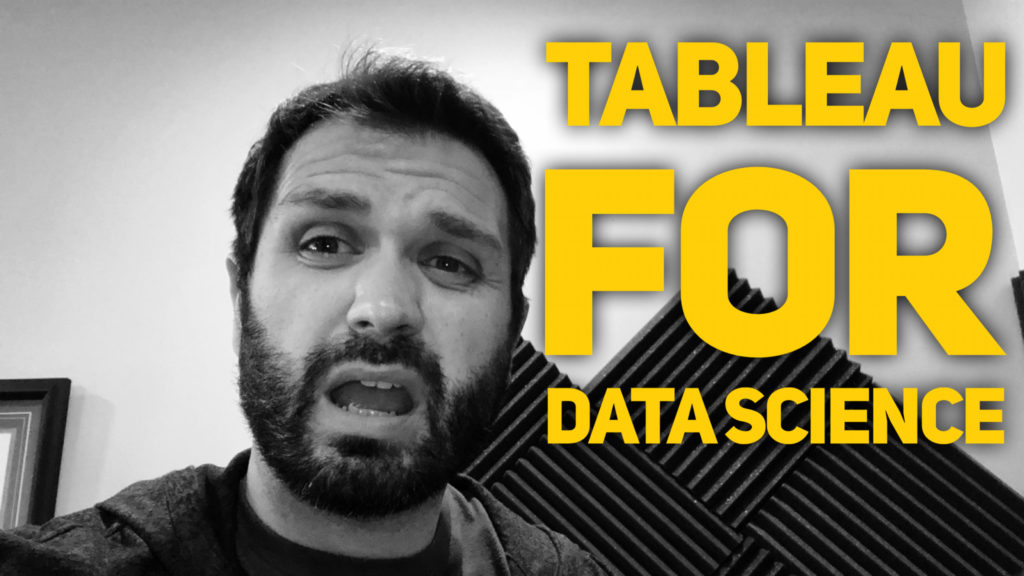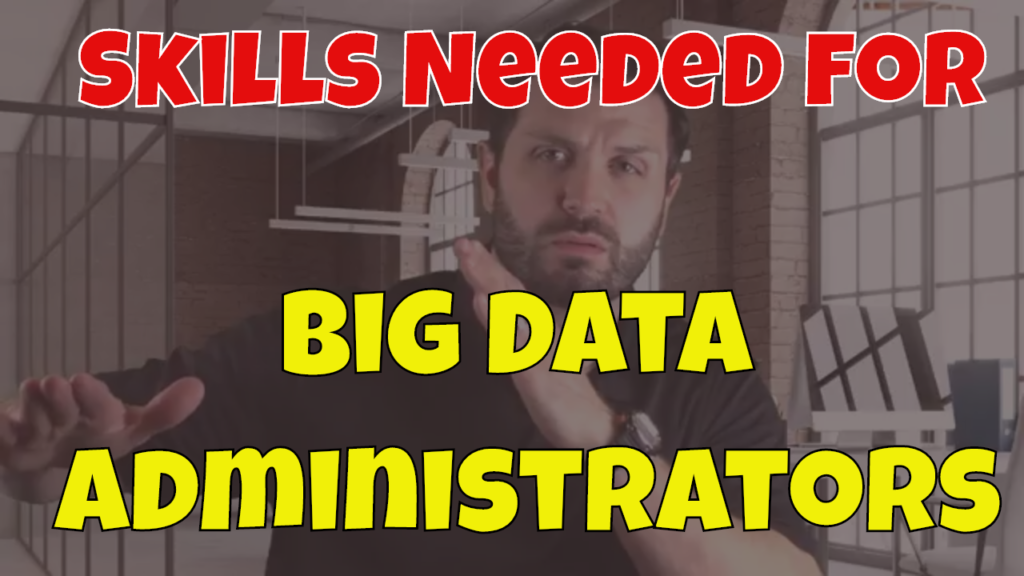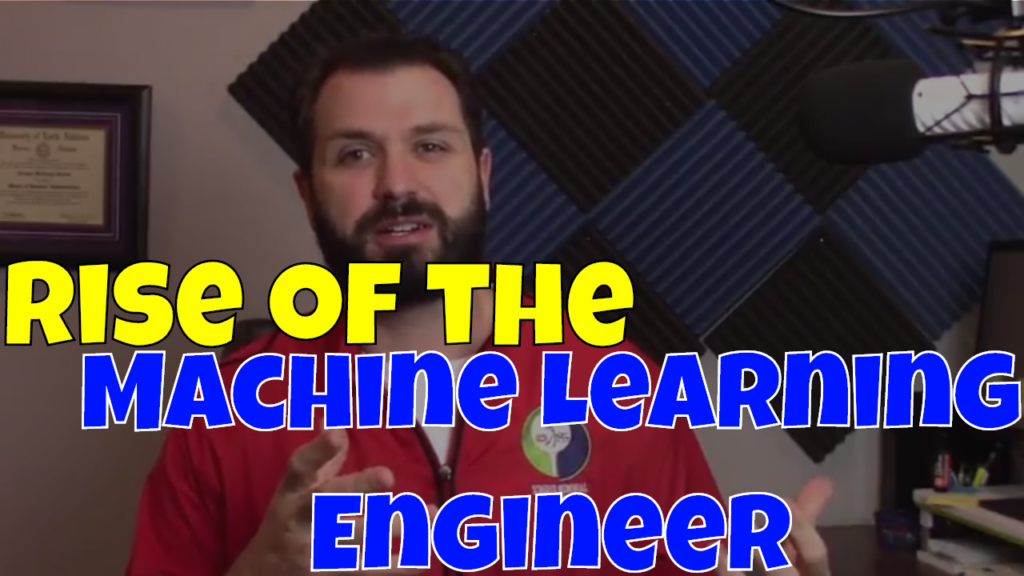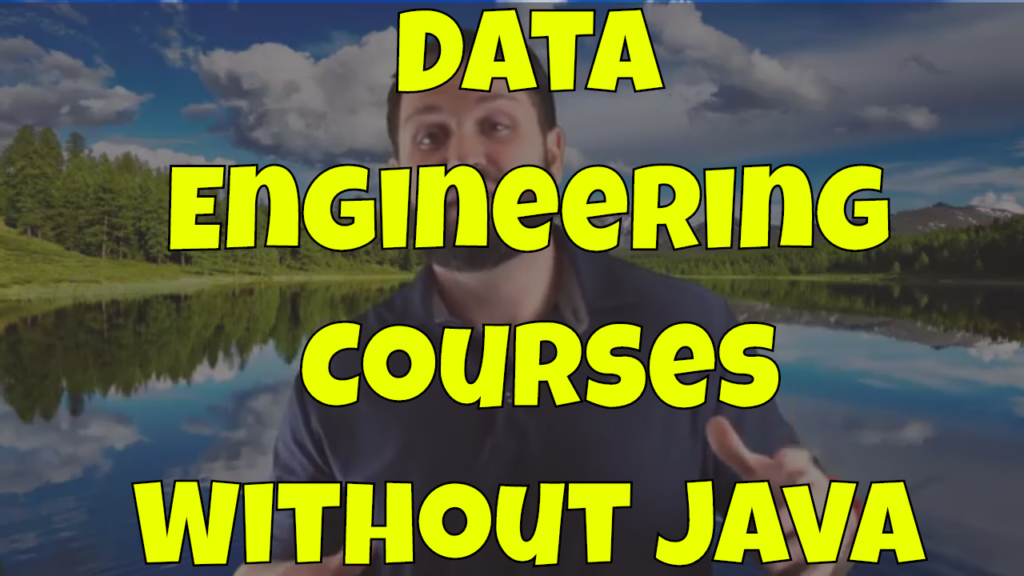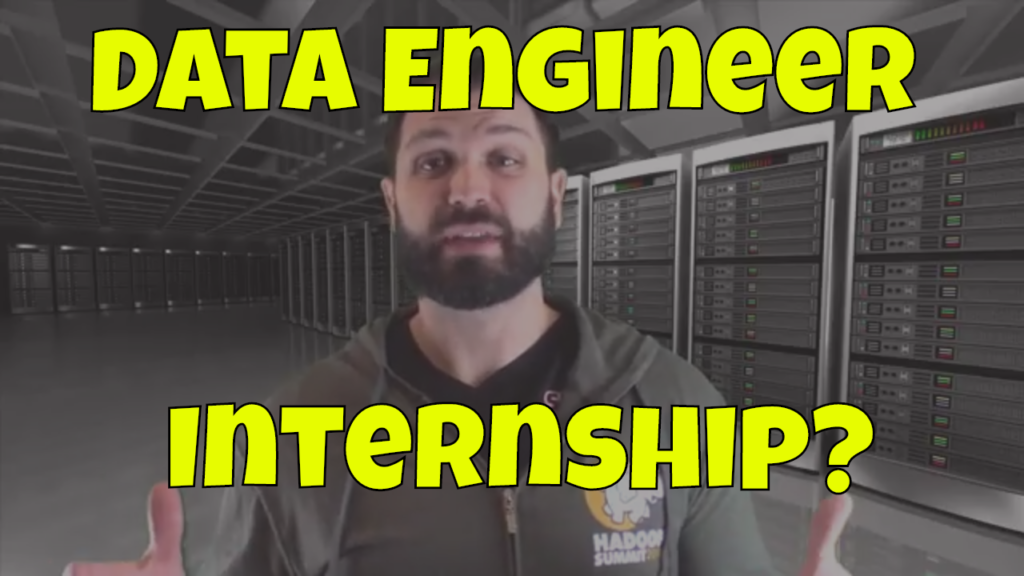How to Study Machine Learning Through Projects
Studying Machine Learning can seem overwhelming! Over our careers as developer or technologist we are constantly having to learning new skills. Whether you are Database Administrator who needs to learn about Hadoop or Web Developer looking to learn JavaScript. Change is enviable and the way to change is through learning. In fact many developers in the community advocate for making learning a daily or weekly habit of 1 – 2 hours every week. In today’s episode of Big Data Big Questions we explore my tips and tricks for learning Machine Learning (ML) or any other new technology.
Tips and Ticks for Studying Machine Learning
Make sure to watch the full video where I break down my tips and tricks for learning Machine Learning.
